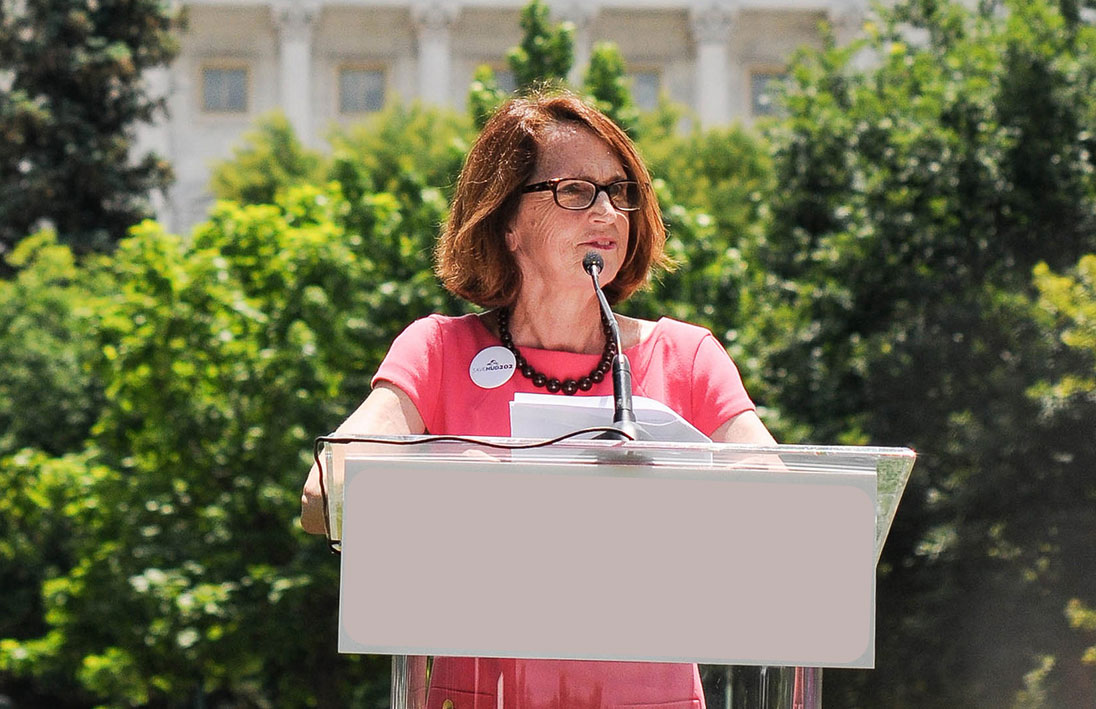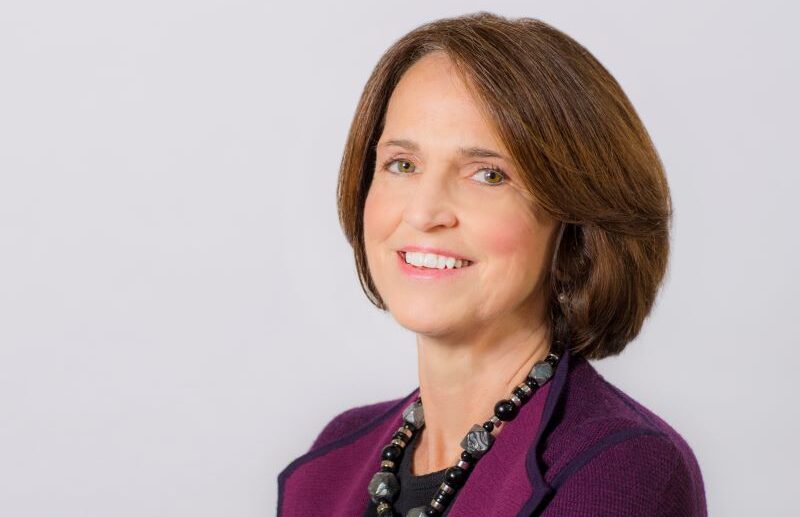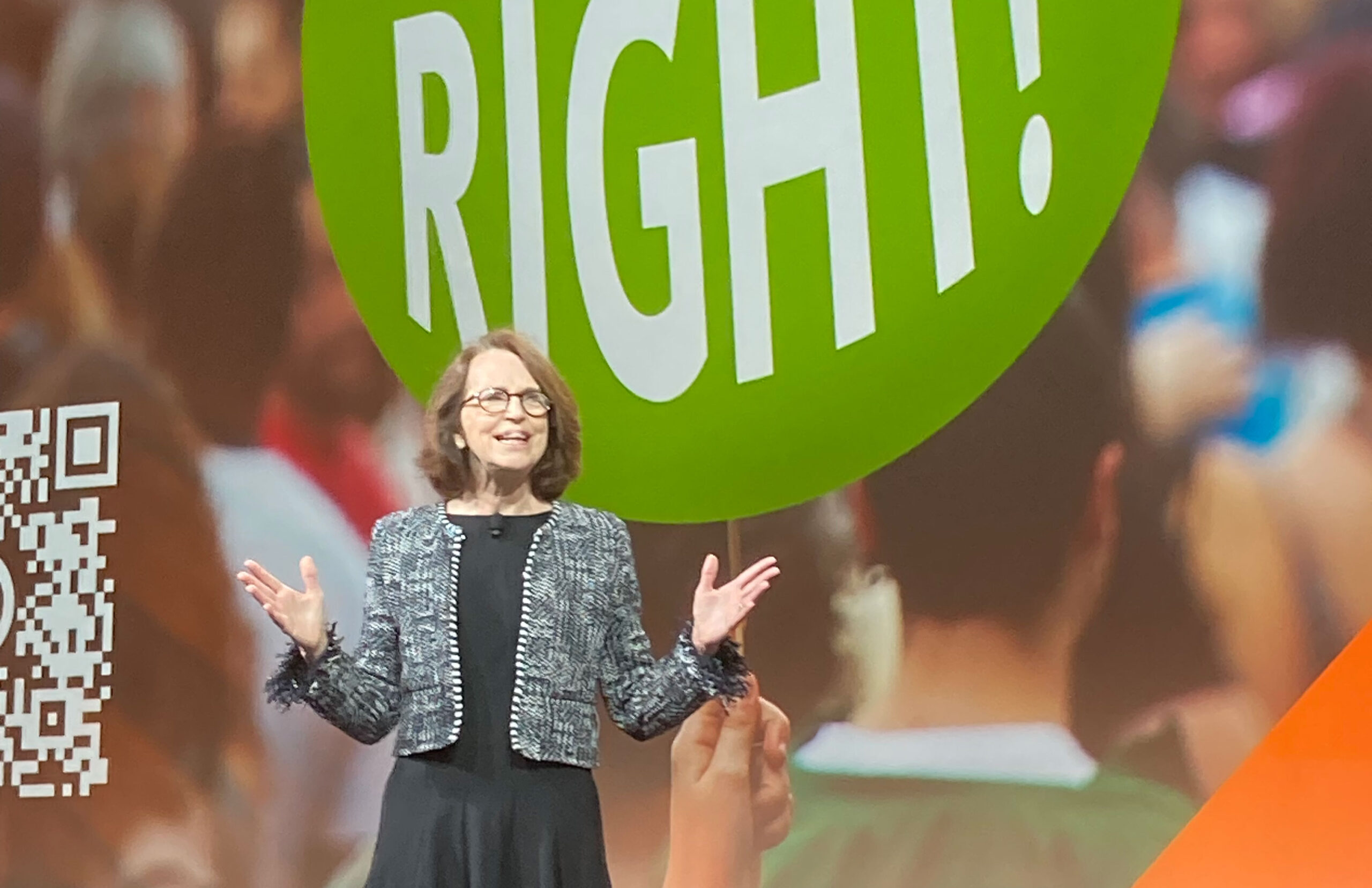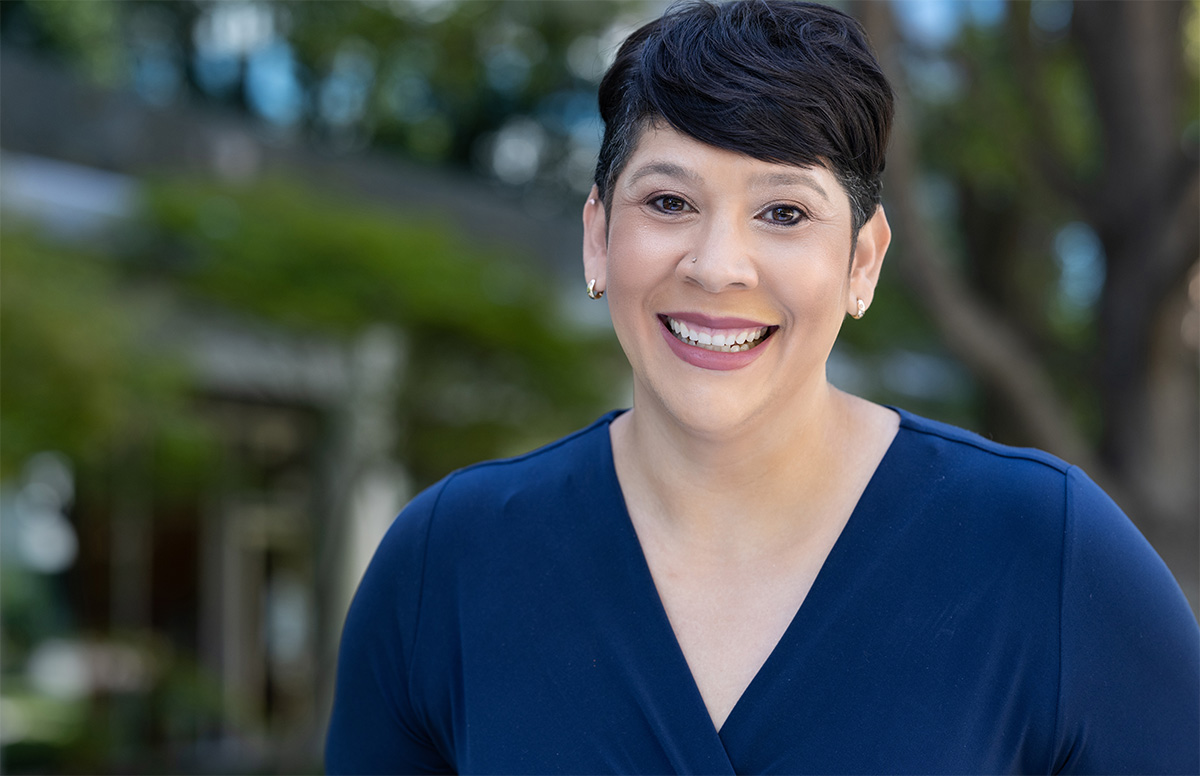The Biden Administration’s proposed unfunded staffing mandate for nursing homes would make the current care shortage older Americans face even more dire. This latest flashpoint reinforces that federal leaders must acknowledge the challenges of the workforce crisis and the impact it’s having on older adults and families.
If enacted as proposed, the mandate would mean nearly 16,000 additional RNs and more than 75,000 nurse aides would be needed nationwide at a cost of anywhere between $4.2 and $7.1 billion in the first year—at a time of well-documented, widely acknowledged shortages of qualified workers in both those categories.
Congress and governors are rightly concerned. Fifteen governors, led by Iowa’s Kim Reynolds and Nebraska’s Jim Pillen, sent a Nov. 1 letter urging the President to “reconsider his commitment to unfunded mandates and instead enter into a genuine state-federal dialogue on how best to serve residents of long-term care facilities in [their] states.” That follows a slew of activity in Congress, including an Oct. 31 letter to HHS Secretary Becerra and CMS Administrator Brooks-LaSure that not only urges the proposal’s withdrawal but also charges CMS with overstepping “Congress’ sole authority to set staffing requirements.” Nearly 100 Congresspeople on Oct. 20 urged CMS to reconsider its proposal due to grave concerns the proposed mandate will severely limit access to care, while on Sept. 29 the “Protecting Rural Seniors Access to Care Act” was introduced in the U.S. House of Representatives to prohibit the nursing home mandates and create a federal advisory committee on the nursing home workforce. Former House Speaker Paul Ryan recently spoke out on the issue, noting that the Congressional Review Act gives the legislative branch authority to overturn recently enacted federal agency actions if sufficient support exists.
Some context can help explain the reasons for the distress about this and other Biden Administration proposals around aging services. The President announced a goal of ensuring equitable access to quality care for older Americans and families—but in addition to the ill-conceived proposed nursing home mandates, the administration this week also cut payments for Medicare home health by nearly 3% for CY2024, on top of last year’s reduction of nearly 4%.
Both of these actions will put even more of a squeeze on the capacity of providers across the aging services continuum—including the mission-driven, nonprofit members of LeadingAge—and make their current challenges in finding and retaining qualified help that much more difficult. And access to care for older adults and families with a wide range of needs across the country will grow scarcer.
Consider this: If more nursing homes are forced to limit admissions or close their doors, older adults who need 24/7 care after hospital stays will have nowhere to go. Hospitals will continue to be backed up with patients who can’t be discharged to nursing homes. Assisted living residents in need of a higher care level will have to do without, and older adults in independent living seeking intermittent care will not get that support.
Home health providers are already unable to accept referrals due to financial pressures and their own workforce shortages, so they won’t be able to fill the widening gap. There simply won’t be anywhere for older adults and families to access care.
The shortage of caregiving professionals is a crisis that needs to be addressed with a robust system of funding, support, and policies. Solutions range from raising Medicaid reimbursement rates to cover the cost of care to investments and policies (including immigration reform) that increase the pool of potential workers to sustained prioritization of our too-long-ignored professional caregivers who serve older adults and families.
Meanwhile, our nonprofit and mission-driven members are working hard with incredible ingenuity and commitment to find ways to fill the gaps.
For example, Bill Lowe, president and CEO of Chicago Methodist Senior Services, started a program to bring nurses and certified nurse aides (CNAs) to the U.S. for aging services jobs at his and other nonprofits throughout the U.S. Despite the success of this effort, Bill knows that “we’re only making a dent [in meeting the need].”
I’m impressed by and grateful for members like Bill. But dedicated providers cannot carry the burden of solving this crisis alone. Urgent, immediate action is needed by Congress and the administration. We have a real opportunity to improve what it means to grow old in this country.
LeadingAge is fighting that fight every day on your behalf. Thank you for your trust and your partnership.

 Shutdown Week Three: Impact of Ongoing Closure on Affordable Housing
Shutdown Week Three: Impact of Ongoing Closure on Affordable Housing





